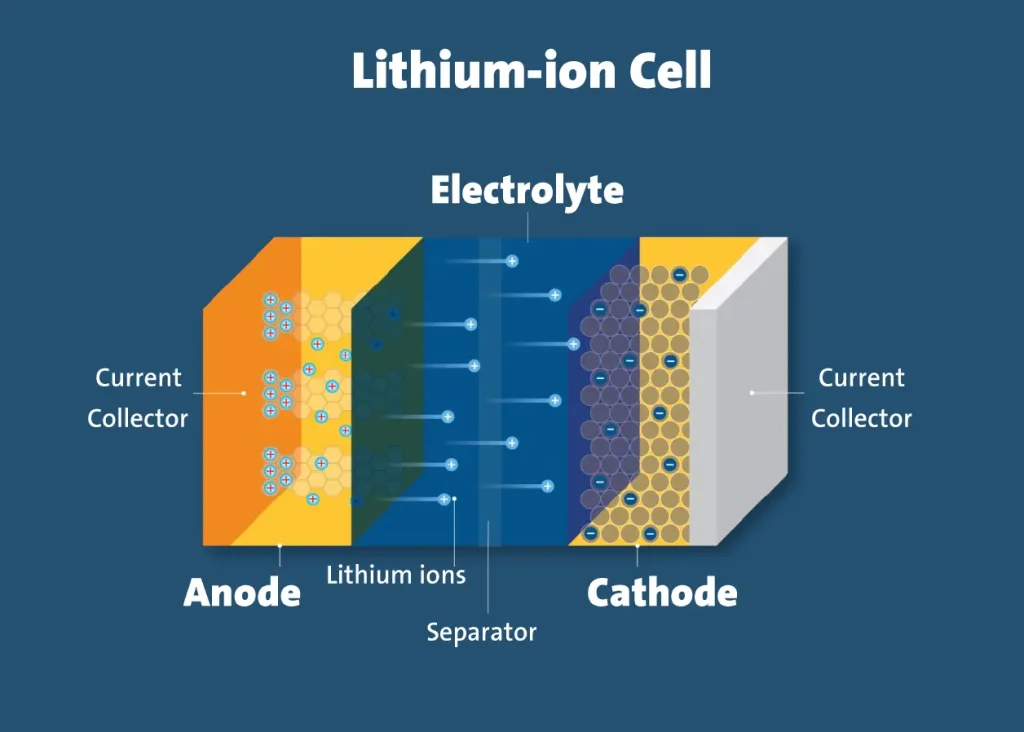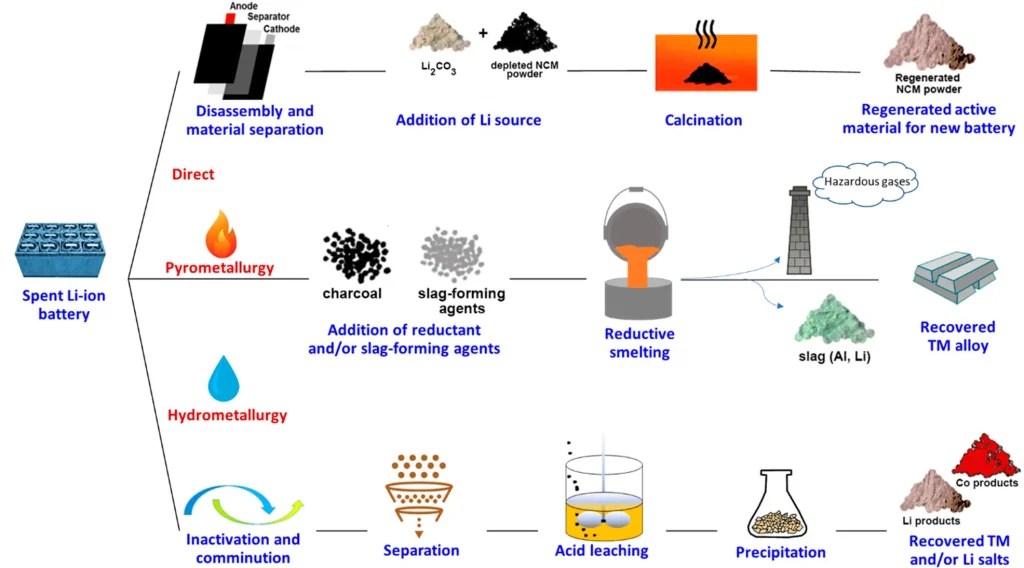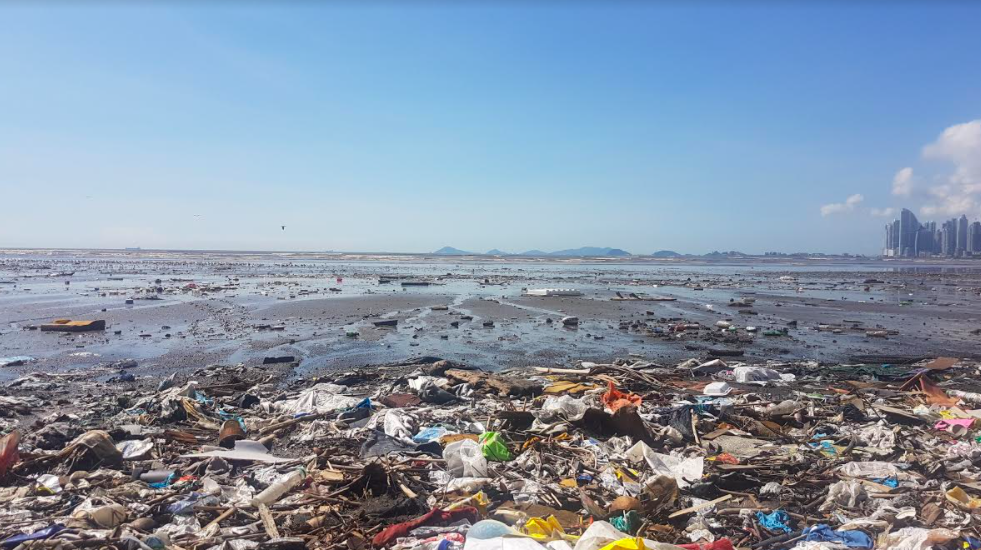What is the importance of lithium battery recycling?
Batteries are among the most consumed products in the world. Millions of batteries are used daily in various devices, but the high usage rate of batteries and their chemical nature bring many risks: the slow decomposition of batteries in nature and the high volume occupied by them are among these risks.
The most important issue we face regarding batteries is the presence of heavy metals in them, which cause soil, water and air pollution. For example, consider cadmium; A heavy metal that is widely used in the manufacture of batteries.

When the battery decomposes in the environment, this metal enters the soil and thus enters the agricultural products. Long-term consumption of cadmium-contaminated products causes kidney and liver diseases, metabolic disorders and osteoporosis.
The entry of pollutants in the battery into water resources also has a very negative effect on the life cycle of aquatic life. Also, if the batteries are burned together with household waste, the burning of the metals in them causes air pollution.
Battery recycling, apart from protecting the environment from its dangers, provides rich resources of valuable metals to the industry; Metals whose extraction from mines imposes a very high cost on production units. This factor, along with the first factor, makes the recycling of batteries extremely important.
Recycling lithium batteries
With the miniaturization of electronic devices, the daily use of lithium batteries has increased greatly. In addition, today, lithium-ion batteries can be used for passenger cars as well.
Currently, China is the largest producer of batteries, and its annual consumption has reached 8 billion units. These statistics show that if battery recycling is not done correctly and systematically, the environment will be polluted, resources will be wasted, and the health of humans and nature will be seriously endangered.
If the recycling of lithium-ion batteries is not done correctly, water and soil will get involved in heavy metals and cause many risks.
Landfill is no longer an option when it comes to lithium batteries.
Manufacturers hide the truth about waste from us, but the reality is that no one is sifting through our household waste to find and recycle used lithium-ion batteries. With the advent of lithium-ion batteries, their recycling has become a major environmental issue.
The truth is that the manufacturers of batteries do not care about the problems that their products create for the environment. Their products release their toxic chemicals as soon as their protective covers are opened. Then these chemicals enter the ground and the environment around big cities through rainwater. These toxic substances will remain in nature for a much longer time than our optimistic imaginations and will cause poisoning of natural resources and agricultural lands and food crops around big cities.
Lithium-ion battery recycling process
These batteries are recycled in a “specific temperature, oxygen-free” mechanical process, during which the battery components are separated into three final products. These include;
A) Cobalt and lithium salt concentrate
b) stainless steel
c) copper, aluminum and plastic
All these products are then marketed to be reused in new products.
#Recycling #lithium #batteries #gain #gainsolutions #batteryrecycling





